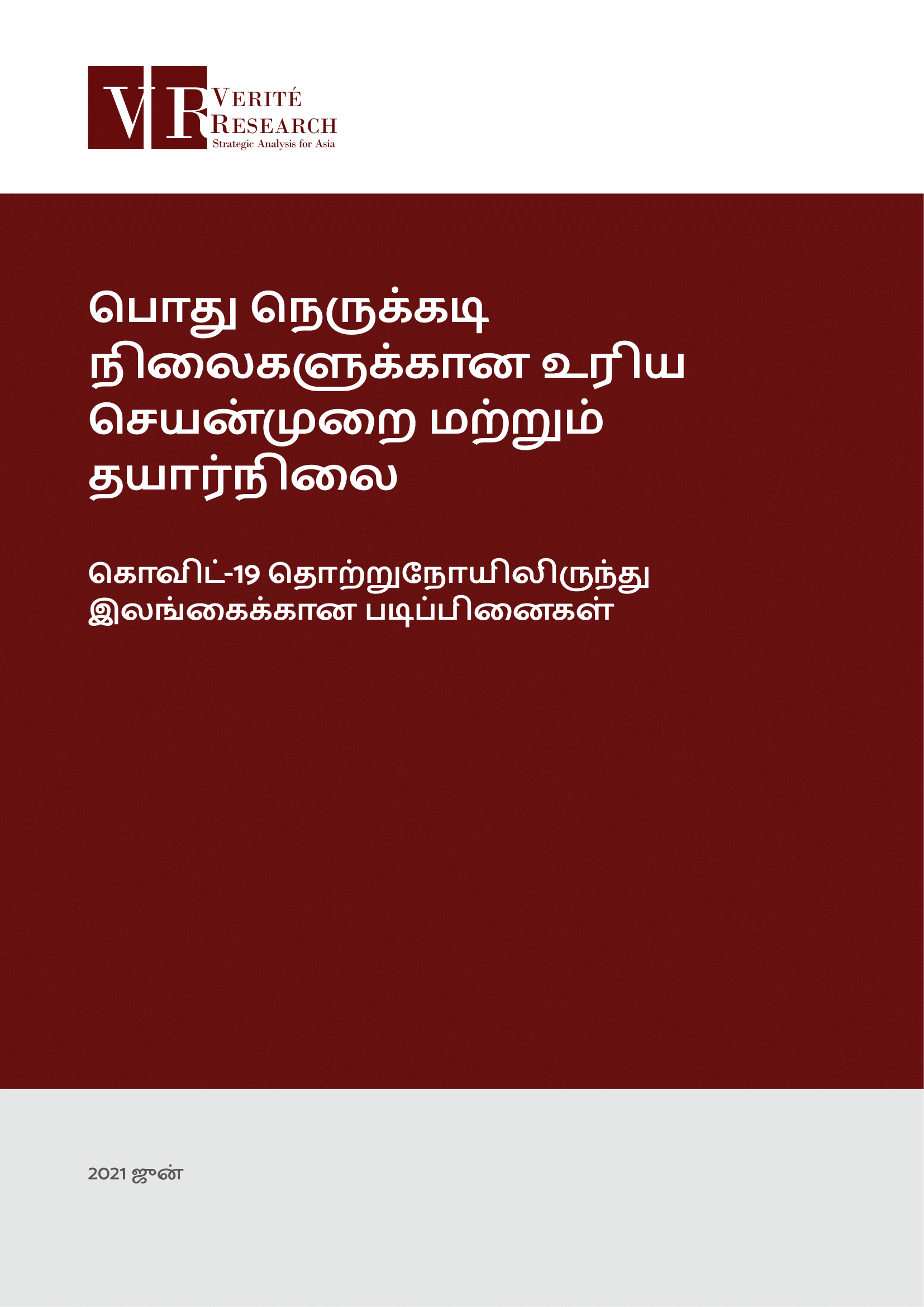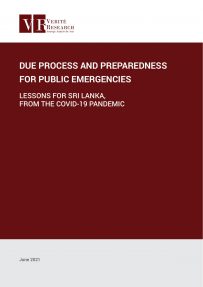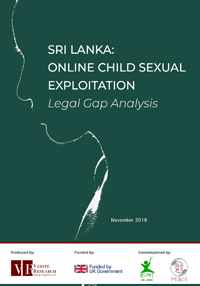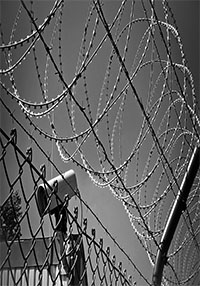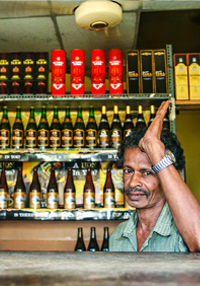கொவிட்-19 நோய்த்தொற்று காலப்பகுதியில் இலங்கையின் நீதி முறைமை சந்திக்க நேரிட்ட சவால்கள் காரணமாக உரிய செயன்முறை மீது ஏற்பட்ட தாக்கங்கள் தொடர்பில் இந்த அறிக்கையில் ஆராயப்படுகின்றது. கொவிட்-19 கட்டுப்பாடுகளின் காரணமாக கடுமையாக பாதிப்புக்குள்ளாகிய உரிய செயன்முறையின் இரண்டு பிரதான உரிமைகளை இவ்வறிக்கை அடையாளங்கண்டுள்ளது: (1) நியாயமான விளக்கமொன்றினை பெற்றுக்கொள்வதற்கான உரிமை மற்றும் (2) சட்ட பிரதிநிதித்துவம் மற்றும் சட்;ட உதவிகளை பெற்றுக்கொள்வதற்கான உரிமை.
Verité Research’s latest study explores the due process implications of the challenges faced by Sri Lanka’s judicial system during the COVID-19 pandemic. It identifies two key due process rights which are adversely affected by the COVID-19 restrictions, namely the right to a fair trial, and access to legal representation and assistance.
The study provides a legal gap analysis by examining the legislative and policy framework pertaining to online child sexual exploitation (OCSE) in Sri Lanka. It provides an overview of OCSE globally and in Sri Lanka.
The President issued a set of Emergency Regulations on 22 April 2019 in the aftermath of the Easter Sunday attacks in Sri Lanka. This briefing note explains the contents of the Emergency Regulations concerning the ‘control of publications’, and certain other regulations relevant to publication.
The Cabinet decision to withdraw Excise Notification No.02/2018 is unconstitutional. The Notification removes the ban on the sale of liquor to women within the premises of a tavern. This brief explains why the Cabinet decision constitutes an imminent infringement of the fundamental right to equal protection.
On 10 January 2018, the Minister of Finance and Mass Media amended Excise Notification No.666 of 31 December 1979. It is widely believed that by this act the Minister revoked a prohibition on the sale of liquor to women. The President and the cabinet responded by asking for the amendments to be reversed. This reversal is widely believed to have reinstated the previous prohibition on women purchasing liquor. Verité Research finds both these views to be poorly-informed.
The recent Court of Appeal judgement on SLFP MP Geetha Kumarasinghe’s disqualification from Parliament due to her dual citizenship has sparked a debate on whether the disqualification of candidates invalidates nomination papers. This briefing note discusses this issue and argues that nomination papers cannot be invalidated on the basis that a candidate is disqualified from being elected to parliament.
This brief, published by our legal team, analyses the limitations on the powers of the Executive President to assign subjects and functions to Ministers under the 19th Amendment (19A) to the Constitution. In particular, this paper argues that the Constitution and the 19th Amendment prohibit the President from assigning the subject of the Office on Missing Persons Act (OMP) to himself, and consequently from appointing the date on which the provisions of the OMP Act comes into operation.
